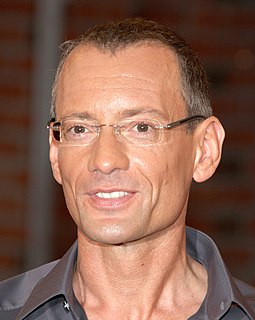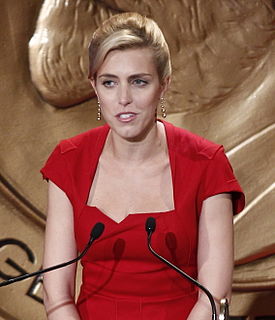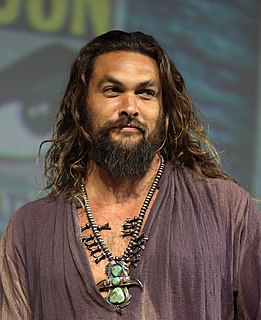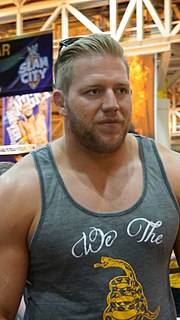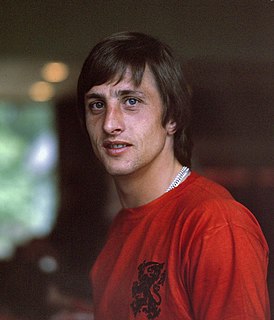A Quote by Fred
I managed to do some classes in Ukraine but people there didn't really speak English. They spoke Russian so that's what I learned there.
Related Quotes
I have a funny relationship to language. When I came to California when I was three I spoke Urdu fluently and I didn't speak a word of English. Within a few months I lost all my Urdu and spoke only English and then I learned Urdu all over again when I was nine. Urdu is my first language but it's not as good as my English and it's sort of become my third language. English is my best language but was the second language I learned.
Putin described Kiev is the mother of Russian cities. These - the Russian people view Ukraine as an extension of Russia. And so there is a sense that Putin really will do whatever it takes, even in the face of overwhelming, diplomatic, and economic pressure to defend what he sees as Russia's vital interest. And I think when we're trying to understand what's going on in Ukraine we have to keep that in mind. This isn't a simple case of Putin agitating for a fight.
The attitude of the West and of Russia towards a crisis like Ukraine is diametrically different. The West is trying to establish the legality of any established border. For Russia, Ukraine is part of the Russian patrimony. A Russian state was created around Kiev about 1,200 years ago. Ukraine itself has been part of Russia for 500 years, and I would say most Russians consider it part of Russian patrimony. The ideal solution would be to have a Ukraine like Finland or Austria that can be a bridge between these two rather than an outpost.
When I say myself, I don't mean just as a woman of color, as a girl who's growing up in the Bronx, as people growing up in some way economically-challenged, not growing up with money. It was also even just the way we spoke. The vernacular. I learned that it's alright to say "ain't." My characters can speak the way they authentically are, and that makes for good story. It's not making for good story to make them speak proper English when nobody speaks like that on the playground.
Ram Dass, Krishna Dass, we all spoke through interpreters. There were good interpreters there, educated people in India speak English but Maharaji was the One, the Baba, Holy Man, mendicant, he didn't speak English. We talked to him and it was hard to know him, he was an ancient holy man and I was a 21 year old seeker. So I never knew what was going on, I mean I don't really know what's going on now, my guess work is a little better perhaps.


